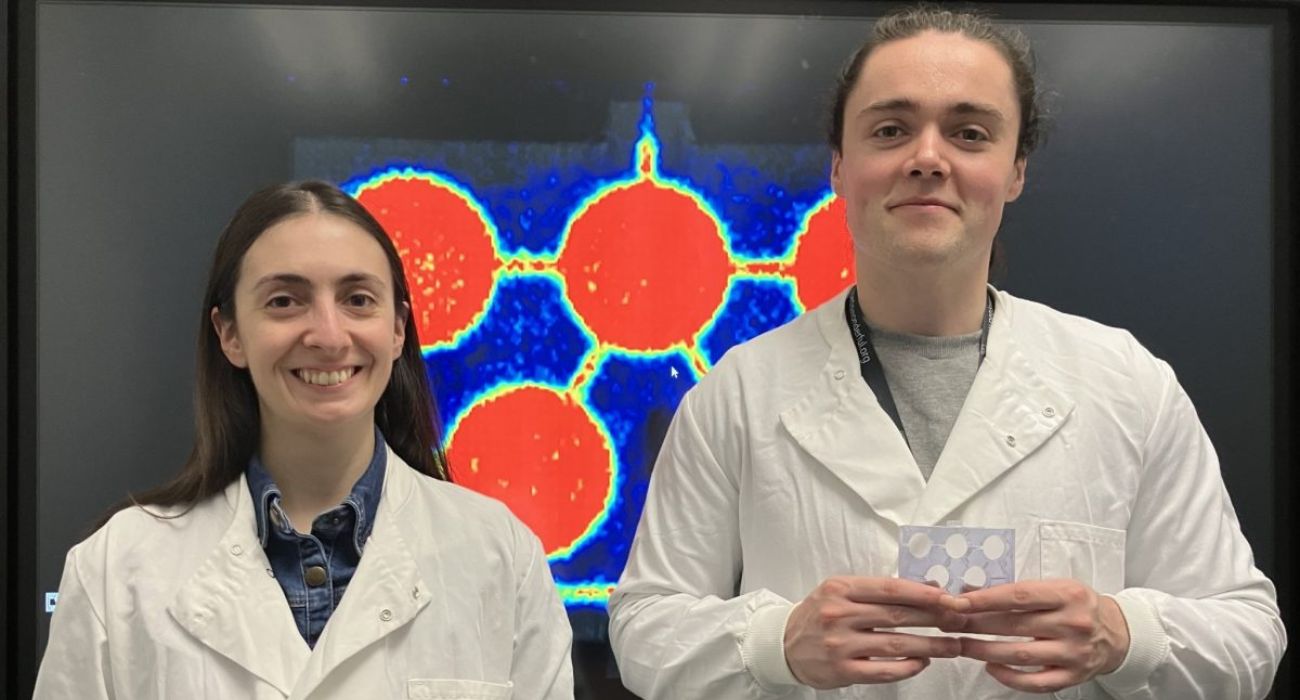Scientists have developed a new chip that can simulate bodily reactions to medication, holding the potential to make testing drugs on animals obsolete.
Researchers at the University of Edinburgh have developed a new 3D-printed “body-on-chip” that can simulate how the body might process medications. The chip can simulate various organs like the human heart, kidney, liver, lungs, brain, and even the circulatory system, according to a press release.
The device works by using positron emission tomography scanning, better known as PET scanning, to follow the path of drugs through the simulated organs. It was developed through a National Centre for Replacement, Refinement, and Reduction of Animals in Research grant as well as a Unilever co-funded Ph.D. Studentship award of £90,000 (roughly $115,000).
The endeavor has been supported by Edinburgh Innovations, the university’s commercialization service.
“This device is the first to be designed specifically for measuring drug distribution, with an even flow paired with organ compartments that are large enough to sample drug uptake for mathematical modeling,” said Liam Carr, inventor of the device, according to The Guardian.
“Essentially, allowing us to see where a new drug goes in the body and how long it stays there, without having to use a human or animal to test it,” he said.
Carr also explained that the device can be used to research other afflictions, such as cardiovascular, neural, and immune diseases and cancer.
“For example, we could have a fatty liver disease model in the device and use this to see how having a diseased liver affects other organs such as the heart, brain, kidneys, etc., and could even combine multiple diseased cell models to see how diseases can interfere with each other,” said Carr, per The Guardian.
“We’re delighted to be supporting Liam and the [University’s Centre for Cardiovascular Science] team in the development of this ‘body-on-chip,’ and we look forward to seeing the impact this novel device has on testing and progression of new compounds and drugs in the future,” said Dr. Susan Bodie, head of business development for the College of Medicine and Veterinary Medicine at Edinburgh Innovations, according to the release.






